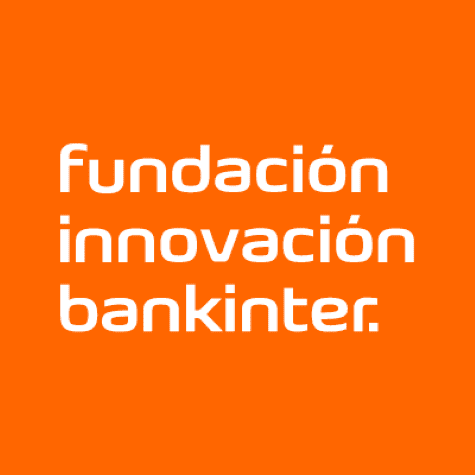The Western educational system implies a frontal arrangement and a practically unilateral dialogue between teachers and students. The pedagogical process continues to be based, to a large extent, on the model that Plutarch already criticized more than two thousand years ago, when he wrote: “students are not vessels that must be filled, but torches that must be lit.”
Innovation projects in education are necessary, since education, like all other areas of existence, is involved in the digital revolution. The more machines automate work, the more value will be placed on purely human aspects, such as ethics and diversity. According to Wang Tao, vice president of Tencent Cloud and Tencent Education, “technology will become an integral component of education, but we will still need teachers and a lot of face-to-face contact. I imagine a new hybrid model will emerge that merges the best of both worlds for students.”
Read the full article here.



